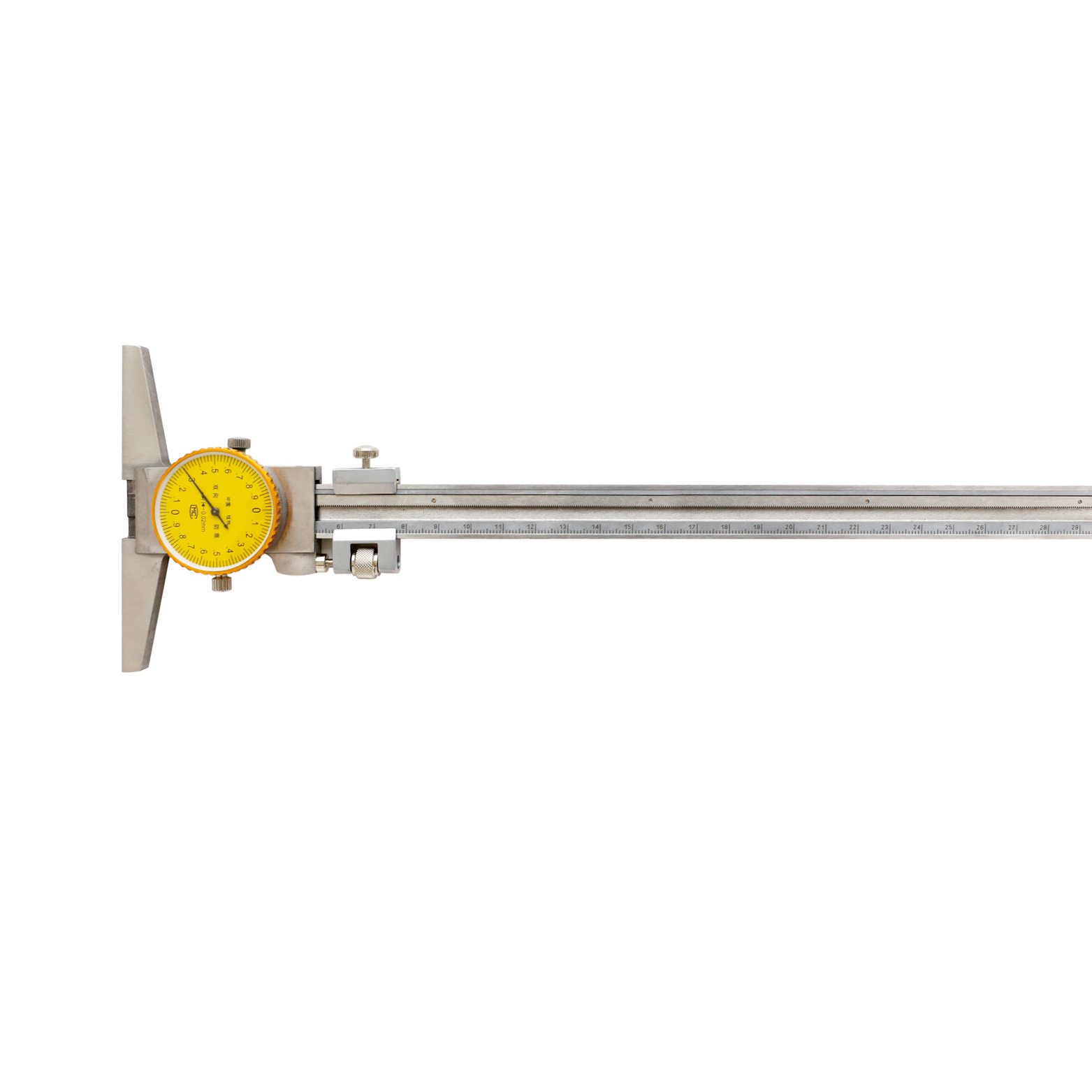Twist drill Bit Manufacturers
Finding reliable Twist drill bit manufacturers is crucial for any business or individual needing high-quality drilling tools. This guide explores the key factors to consider when selecting a manufacturer, the different types of twist drill bits available, and the common materials used in their production, helping you make an informed decision.
Understanding Twist Drill Bits
Twist drill bits are arguably the most common type of drill bit, used across a wide range of applications from woodworking to metalworking. Their helical flutes effectively remove chips from the hole as you drill, preventing clogging and ensuring a cleaner, more efficient cut. Understanding their construction and variations is vital when choosing the right twist drill bit manufacturer.
Anatomy of a Twist Drill Bit
A standard twist drill bit comprises several key parts:
- Shank: The portion that fits into the drill chuck. Common shank types include straight shank, reduced shank, and hex shank.
- Body: The main working section of the bit, containing the flutes and cutting edges.
- Flutes: The helical grooves that remove chips and allow coolant to reach the cutting edge.
- Point: The cutting tip of the bit, usually ground to a specific angle for optimal performance. Common point angles are 118° (general purpose) and 135° (harder materials).
- Land: The narrow strip along the flute that provides support and helps guide the bit.
Types of Twist Drill Bits
While the basic design is consistent, twist drill bits come in various types designed for specific materials and applications. Selecting the right type ensures optimal performance and extends the life of the bit.
- High-Speed Steel (HSS) Bits: The most common type, suitable for drilling wood, plastic, and soft metals.
- Cobalt Bits: Made with a cobalt alloy, these bits are more heat-resistant and ideal for drilling hardened steel, stainless steel, and cast iron.
- Titanium-Coated Bits: HSS bits coated with titanium nitride (TiN) to improve wear resistance and reduce friction.
- Black Oxide Bits: HSS bits treated with black oxide to resist corrosion and improve chip flow.
- Carbide-Tipped Bits: Feature carbide inserts at the cutting edge for exceptional hardness and durability, suitable for drilling very hard materials like hardened steel and ceramics.
Choosing the Right Twist Drill Bit Manufacturer
Selecting a reliable twist drill bit manufacturer is essential for ensuring the quality and performance of your drilling tools. Consider the following factors:
Quality and Materials
The quality of the materials used directly impacts the bit's durability and performance. Look for manufacturers who use high-quality steel alloys and employ rigorous quality control processes. Ask for certifications or material specifications to verify the manufacturer's claims. Wayleading Tools emphasizes the use of premium materials in their twist drill bit production, ensuring long-lasting performance.
Manufacturing Process
The manufacturing process plays a critical role in the bit's precision and consistency. Inquire about the manufacturer's equipment and techniques. Do they use CNC grinding for precise flute geometry? Do they have a robust heat treatment process to ensure optimal hardness? Reputable twist drill bit manufacturers will be transparent about their processes.
Customization Options
Depending on your needs, you may require custom twist drill bits with specific dimensions, point angles, or coatings. Choose a manufacturer that offers customization services and has the expertise to meet your unique requirements.
Pricing and Minimum Order Quantities (MOQs)
Compare pricing from different manufacturers, but don't solely focus on the lowest price. Consider the overall value, including quality, durability, and customer service. Also, inquire about minimum order quantities, especially if you're a smaller business.
Lead Times and Shipping
Understand the manufacturer's lead times for production and shipping. Ensure they can meet your deadlines and offer reliable shipping options. For urgent orders, inquire about expedited shipping options.
Reputation and Reviews
Research the manufacturer's reputation by reading online reviews and testimonials. Look for manufacturers with a proven track record of providing high-quality products and excellent customer service. Consider asking for references from existing customers.
Key Considerations for Specific Applications
Metalworking
For metalworking applications, prioritize twist drill bits made from cobalt or carbide. These materials offer the necessary hardness and heat resistance to effectively drill through steel, stainless steel, and other metals. A 135° split point is also recommended for preventing 'walking' and ensuring accurate hole placement.
Woodworking
HSS twist drill bits are generally suitable for woodworking. However, consider using brad point bits for cleaner, more precise holes, especially when drilling hardwoods.
Plastics
When drilling plastics, use HSS twist drill bits with a slow drilling speed to prevent melting or cracking the plastic. A steeper point angle can also help reduce chipping.
Common Materials Used in Twist Drill Bit Manufacturing
The choice of material is crucial to a twist drill bit's performance and longevity. Here's a rundown of common materials:
High-Speed Steel (HSS)
The most common material for general-purpose twist drill bits. Offers a good balance of hardness, toughness, and cost.
Cobalt Steel
An alloy of HSS and cobalt. Provides increased heat resistance and hardness, making it suitable for drilling harder materials.
Carbide
An extremely hard and wear-resistant material. Typically used as inserts brazed onto a steel body. Ideal for drilling very hard materials and high-volume production.
Choosing the right twist drill bit manufacturer is a significant decision that can impact your project's efficiency and quality. By carefully considering the factors outlined above, you can find a reliable partner who can provide you with the high-quality drilling tools you need.
Troubleshooting Common Twist Drill Bit Issues
Bit Walking
Problem: The bit wanders or 'walks' from the intended starting point.Solution: Use a center punch to create a starting indentation. Consider using a split-point drill bit, which has a self-centering design.
Bit Binding
Problem: The bit gets stuck or binds in the hole.Solution: Reduce drilling speed and apply more lubricant. Ensure the flutes are clear of chips. For deep holes, periodically retract the bit to clear chips.
Overheating
Problem: The bit becomes excessively hot during drilling.Solution: Reduce drilling speed, apply more lubricant, and ensure the material is properly clamped. Consider using a coolant to dissipate heat.
Broken Bits
Problem: The bit breaks during drilling.Solution: Use the correct bit for the material. Avoid excessive force or side pressure. Ensure the material is properly clamped and supported.
Twist Drill Bit Material Comparison
Below is a simplified comparison table of common twist drill bit materials:
| Material | Hardness | Heat Resistance | Cost | Common Uses |
|---|---|---|---|---|
| HSS | Moderate | Low | Low | Wood, Plastic, Soft Metals |
| Cobalt | High | High | Moderate | Hardened Steel, Stainless Steel |
| Carbide | Very High | Very High | High | Hardened Steel, Cast Iron, Ceramics |
*Data is based on general averages and may vary depending on specific alloys and manufacturing processes.
Wayleading Tools: Your Partner for Quality Drilling Solutions
At Wayleading Tools, we are committed to providing high-quality twist drill bits and other cutting tools to meet the diverse needs of our customers. With years of experience in the industry, we understand the importance of precision, durability, and performance. Contact us today to learn more about our products and services.
Related products
Related products
Best selling products
Best selling products-
 32 Blades Feeler Gauge From 0.04-0.88MM
32 Blades Feeler Gauge From 0.04-0.88MM -
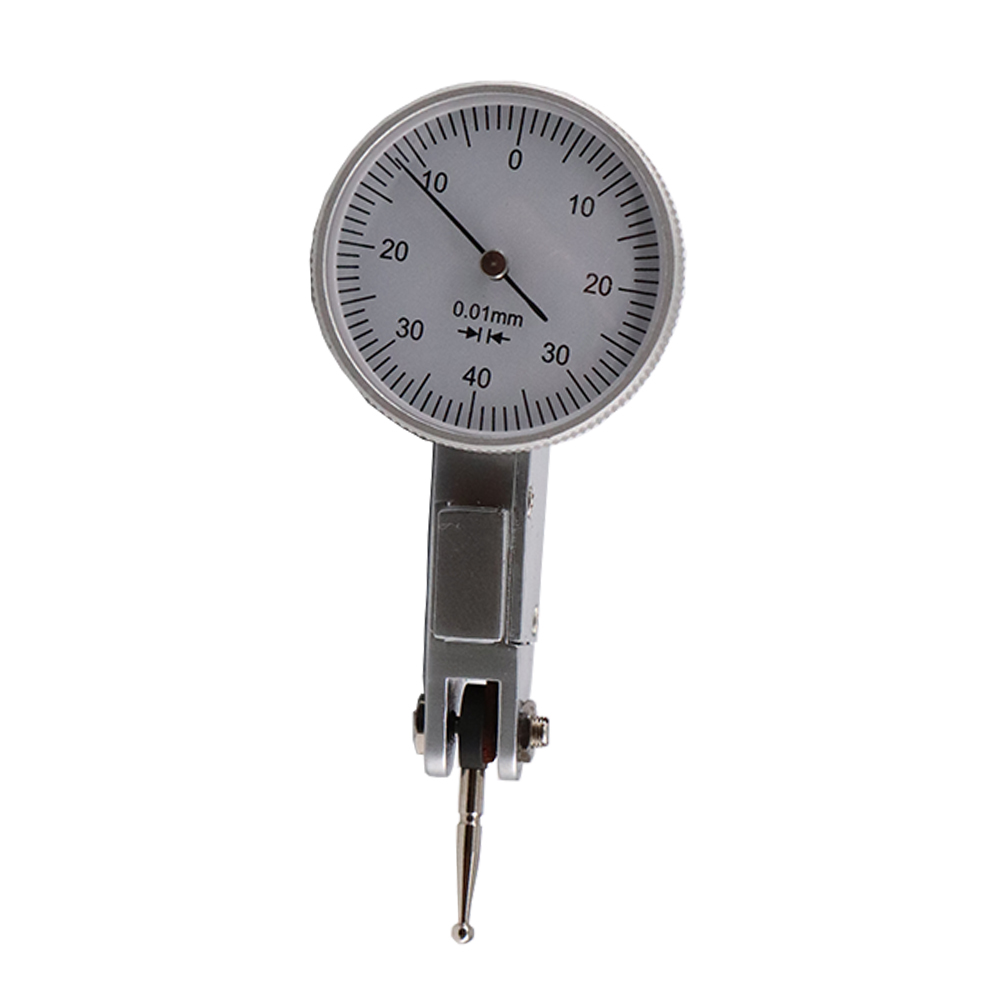 Precision Dial Test Indicator Gage For Industrial
Precision Dial Test Indicator Gage For Industrial -
 Precision V Block Set With High Quality Type
Precision V Block Set With High Quality Type -
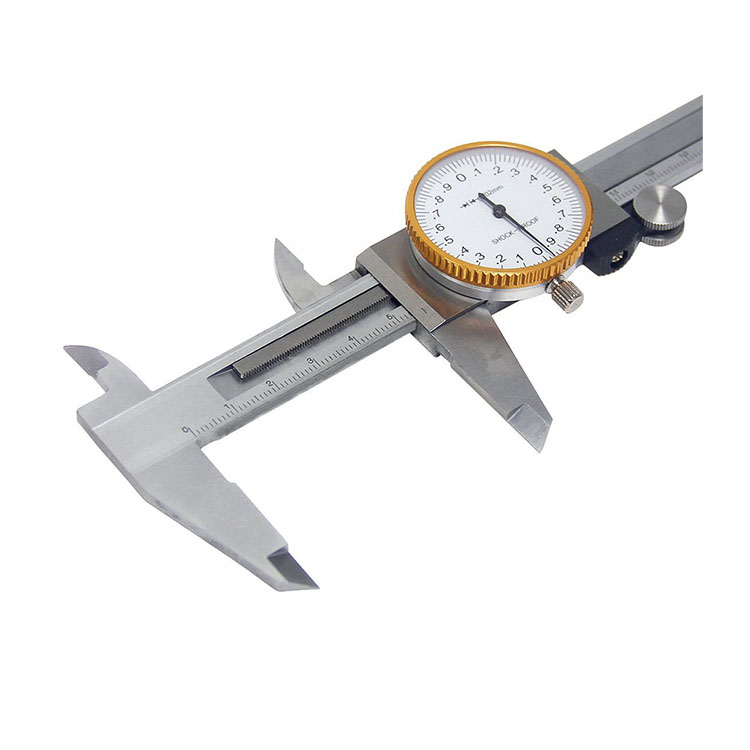 Precision Dial Caliper Of Metric & Imperial For Industrial
Precision Dial Caliper Of Metric & Imperial For Industrial -
 Precision 10pcs & 12pcs Angle Blocks Set With High Quality Type
Precision 10pcs & 12pcs Angle Blocks Set With High Quality Type -
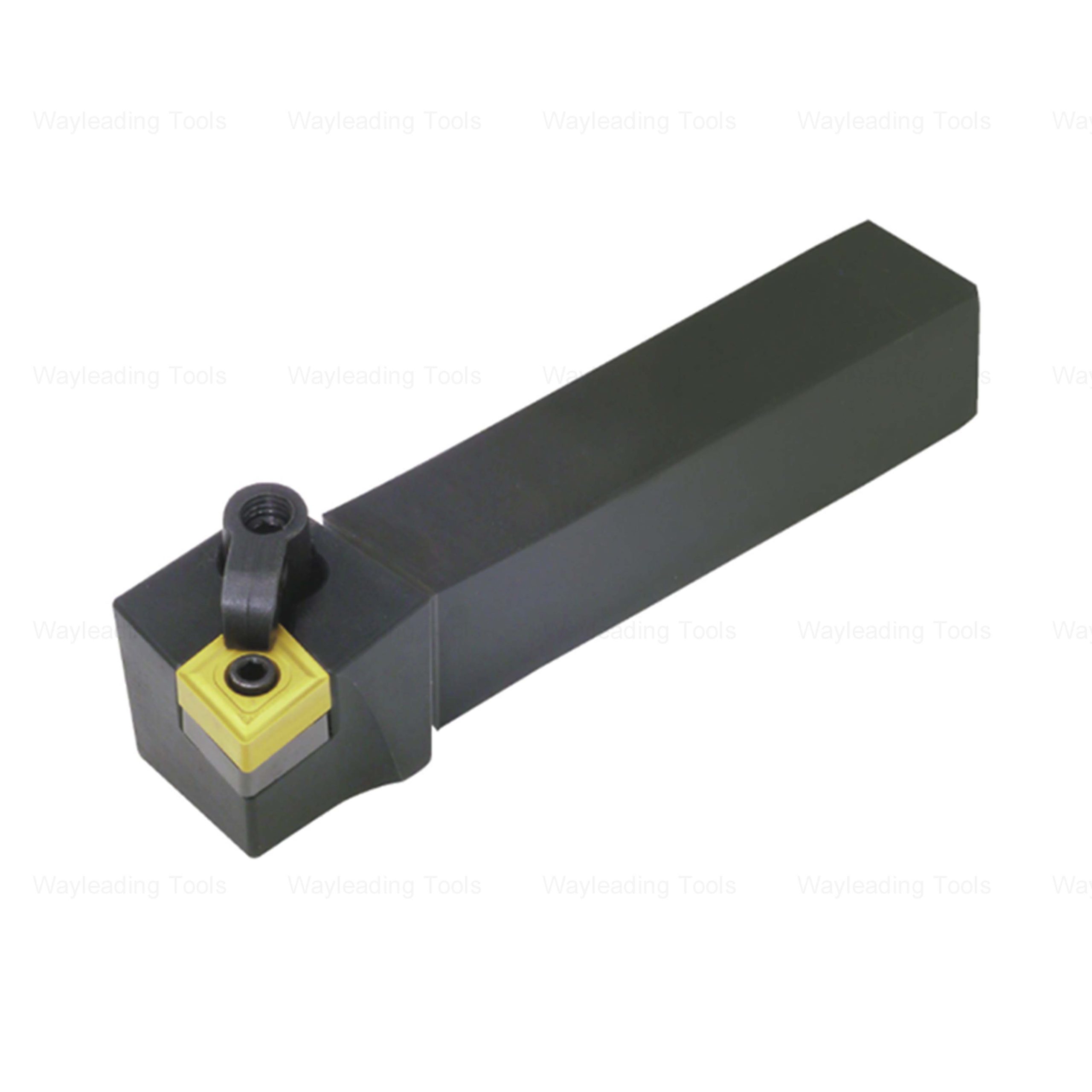 MCLN Indexable Turning Tool Holder
MCLN Indexable Turning Tool Holder -
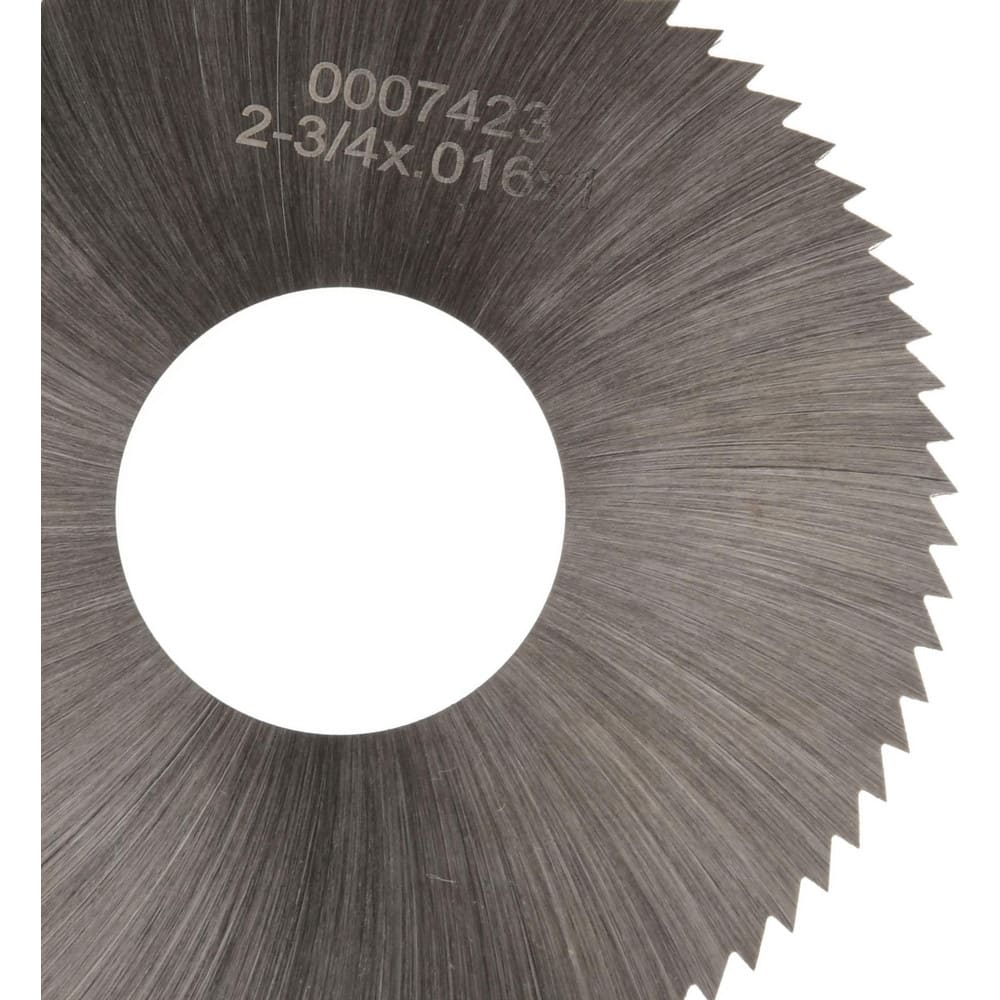 HSS Inch Plain Metal Slitting Saws For Industrial
HSS Inch Plain Metal Slitting Saws For Industrial -
 Precision 8pcs & 9pcs Angle Blocks Set With High Quality Type
Precision 8pcs & 9pcs Angle Blocks Set With High Quality Type -
 Precision V Block Set With M Type
Precision V Block Set With M Type -
 Auto Self Reversible Tapping Chuck In Drill Machine
Auto Self Reversible Tapping Chuck In Drill Machine -
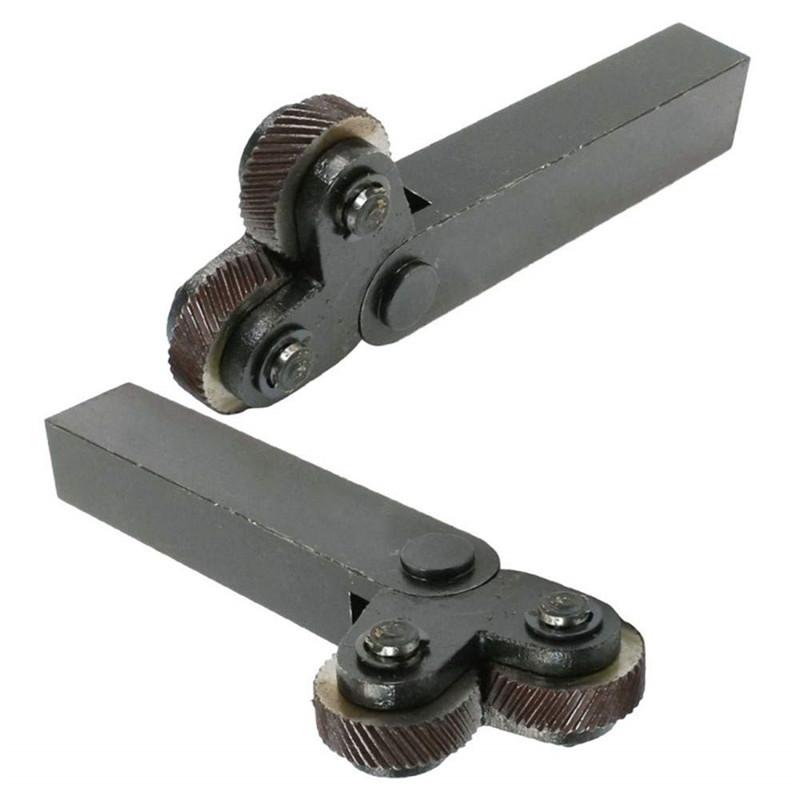 Dual Wheel Knurling Tools With Diamond Pattern For Industrial Type
Dual Wheel Knurling Tools With Diamond Pattern For Industrial Type -
 Precision V Block And Clamps Set With High Quality Type
Precision V Block And Clamps Set With High Quality Type




